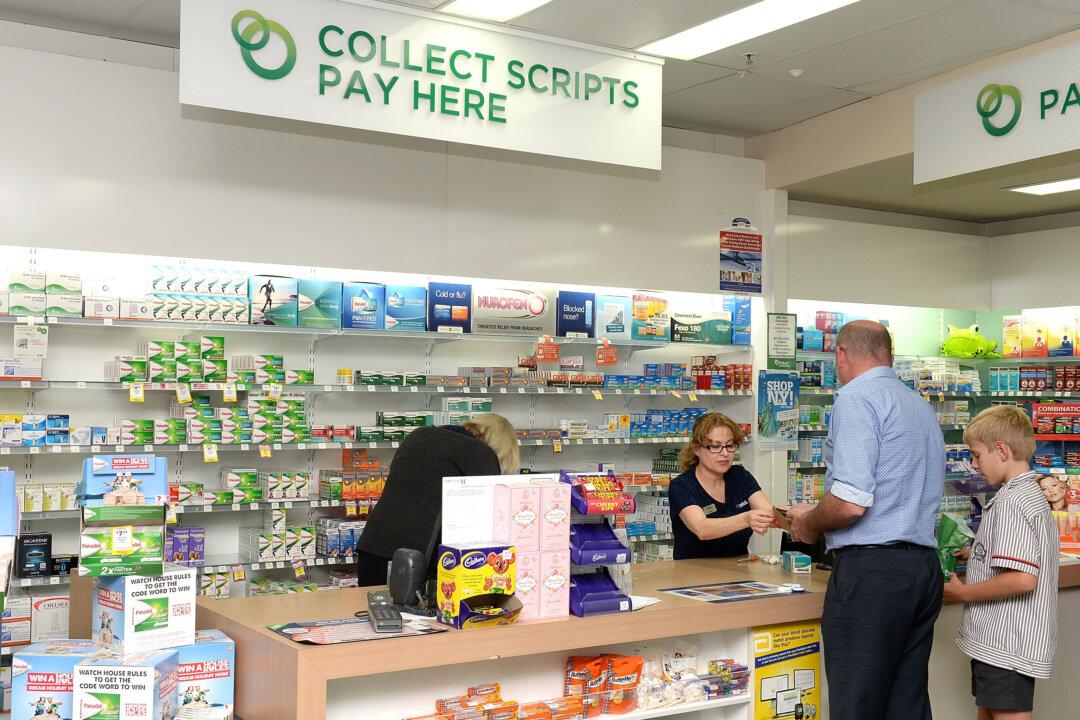Thousands of Australians suffering from eye disease, asthma and the rare blood disorder AL amyloidosis will now have more affordable medicines after the federal government expanded the Pharmaceutical Benefits Scheme to include vital medicines.
Health Minister Mark Butler said in the announcement of the expansion the federal government has decided to welcome three new medicines to the PBS, including Vabysmo (faricimab)—which is used to treat both diabetic macular oedema (DMO) and neovascular (wet) age-related macular degeneration (nAMD)—Trimbow (belcometasone with formoterol and glycopyrronium) for the treatment of severe asthma and Darzalex SC (daratumumab) to treat the blood disorder amyloid light-chain (AL) amyloidosis.




